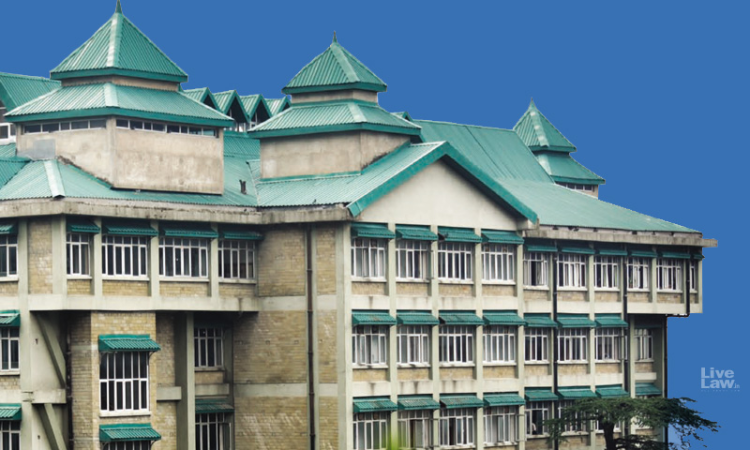"The Attractive Brand Name Of Public Interest Litigation Can't Be Used For Suspicious Products Of Mischief": Himachal High Court
LIVELAW NEWS NETWORK
20 Dec 2020 9:57 AM IST

"Process of the Court can't be abused for oblique considerations by masked phantoms"
Next Story


